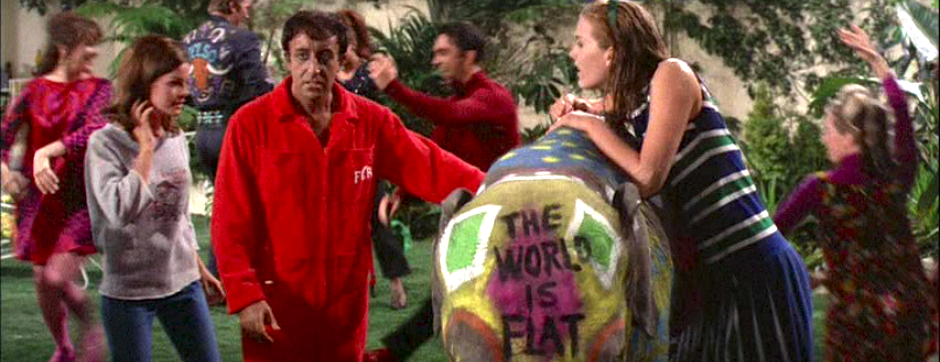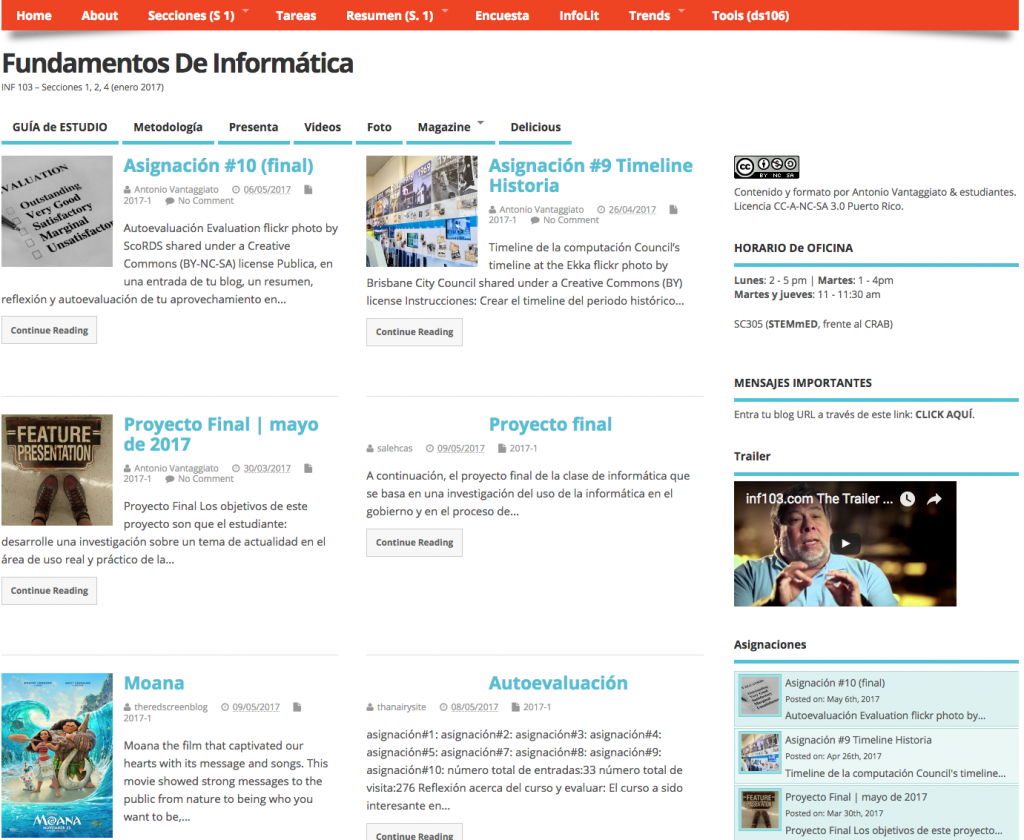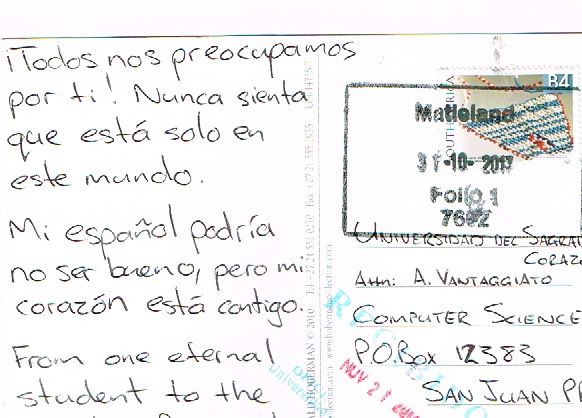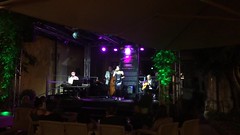I was talking to Alan, only a few days ago, for our infrequent conversations that get upgraded as episodes of our podcast The Puerto Rico Connection. In this case our conversation took longer than usual, and I was pleasantly immersed in something I don’t usually do on the phone–at least, not since I was in my twenties–talking. The conversation was nice and as you can expect, very friendly. Alan was recording most of it, so he will have to cut the tape short if we want to stay within our self-imposed (but hardly enforced) rule of the twenty-minute episodes (and avoid some idiocy I said for sure).
We were talking first about a scheme to share and store some links that each of us deemed appropriate for episode discussion. He says potahtoes, I say potatoes, you know. We both love social bookmarking (we are archetypes from the long-gone Web era–before people called the Web, Internet) and Alan uses Pinboard while I shifted from del.icio.us to diigo when the need, unfortunately, arose. How to share socially links commonly tagged with the two platforms? [Simple solution, I could switch to pinboard or viceversa, but we don’t like simple solutions]. Well, Alan pushes his own links automagically to diigo with a simple IFTTT recipe (read: algorithm, program). So, we have a number of links on diigo, but we knew diigo would not allow to search for global tags, so the only option seemed to form a group, which would be cumbersome and not really open. Now, for an assignment at a class I teach (New Media, inf115), my students are building a distributed and shared DB and we just discovered that diigo actually supports global shared tags, even though it does not advertise it. So, a link does the trick:
`http://diigo.com/tag/prcon` gives all the links we both publish on diigo. But this is not all: diigo also (again, without advertising it) publishes an RSS feed out of the global tags’ view. Ipso facto, Alan posted a widget with those links on the podcast’s blog prconnection.cogdog.casa. He surely used a widget (or shortcode) to push the links onto the page. But the links carry no description. After trying oput a couple of iterations with IFTTT and other semi-autometed machinery, we sort of settled to simply copy & paste the diigo links with the descriptions. Have to say that with the right add-on in the browser (in this case I used Want My Rss, since it conserves the links’ descriptions) it works well enough. See the next post for a proof of concept.
Alan also suggested we add annotations (provided by the wonderful Hypothes.is) to the links page, so we (and others) may add feedback and ideas directly connected to a link or text passage. Grand ambitions, aren’t they. But it’s nice to think this way. See the proof of concept in next post for this.
Once this was settled, instead of talking about links that none of us had read beforehand, Alan sort of began talking about the first black hole image that originated from a concerted effort of some 200 scientists from all over the world.
And I got hooked on a quest for singularities. I’m spoiling a little from the episode, but suffice it to say we talked about the black hole:

Image from NASA
The singular question: is this a photo of a black hole? Because in my vocabulary, it ain’t, given the level of information processing from pure data reversed onto pixels. Still, a great image about one of the most unknown object in the world-wide universe. Hahaha, love silly jokes.
A couple of days earlier I saw an Alan-made animated GIF that is so genius you have to see it now,
So I got an idea: what if we push to the limit our constraint of 20-minute episodes? We’d certainly be able (albeit with some difficulty) to begin and close a 2-minute episode, and (with more difficulty) a 0.2-minute one, or a 0.02 episode. But, could we even think about a 0-total-time episode??
It won’t be a singularity, but a simple zero point. Like a line collapsing, to the limit, to just one point. Some starting point, isn’t it? And, talking about zero, nothing, nada, look at Heidegger:
[Featured image: Sucking Eric Cartman GIF by South Park. Giphy.com]
![]()






